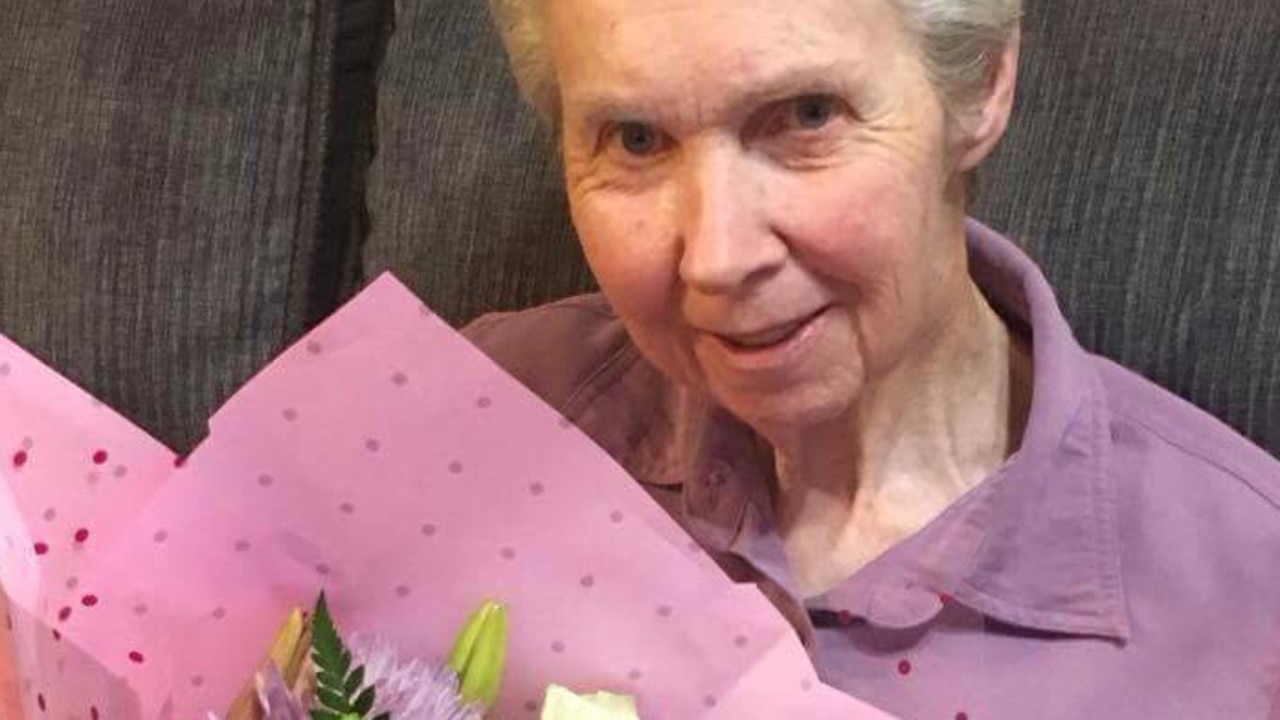Sue Grau keen to help drive Tasmanian goverment’s 10-year salmon plan
The state’s new salmon boss says the industry should be celebrated as she plans to have input into the state government’s 10-year industry plan. MEET THE NEW CEO >>
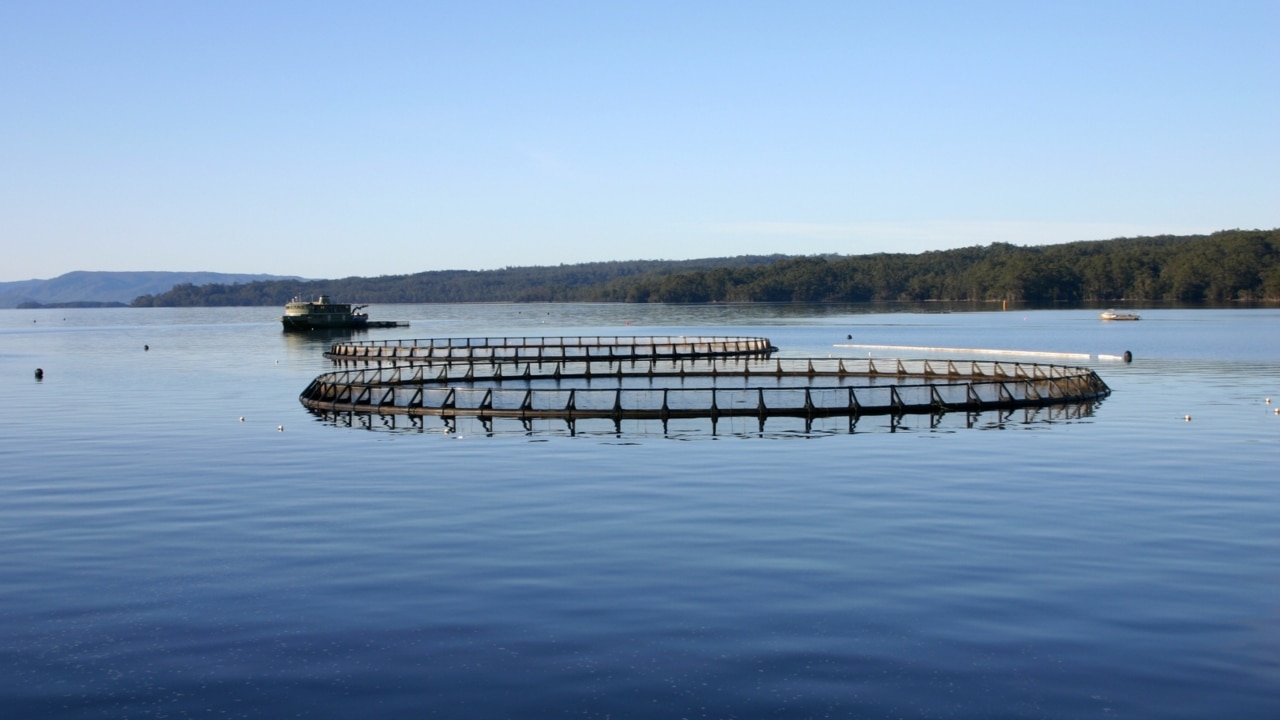
North West Coast
Don't miss out on the headlines from North West Coast. Followed categories will be added to My News.
THE Tasmanian Salmonid Growers Association has a new CEO who wants to help drive the State Government’s 10-year salmon plan and tell the industry’s positive stories as she represents what is Australia’s biggest fishery.
Sue Grau, who has a background in applied science, says she wants to be a voice for the 11,000 Tasmanians the three salmon companies employ.
“I want to represent the salmon growers, the community of workers and suppliers they support and the people who enjoy eating Tasmanian salmon,” Ms Grau said.
“There is a quiet pride in the salmon industry and I want to be a voice for them and tell the broader community about the innovative things and research projects the industry is involved in.
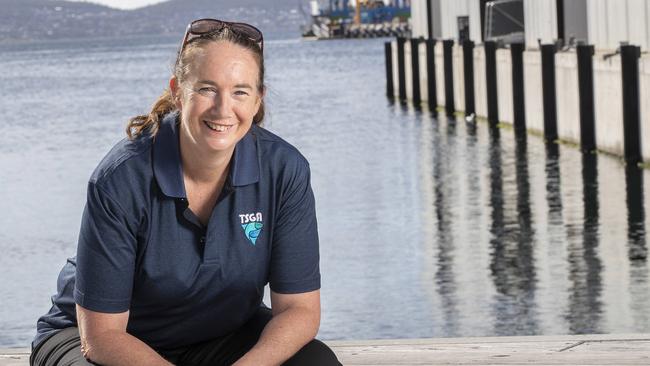
“I have only been in the position for a few weeks but have been out on the water meeting people. Already I am impressed by the dedication of the staff and their care for the fish.
The industry has been in the spotlight again over the last two weeks.
The death of an estimated 60,000 fish at a Northern Tasmanian operation due to a spike in water temperature in the Tamar River prompted renewed calls for salmon farmers to get out of Tasmanian waterways and move to land based production.
Then on Wednesday, it was revealed there would be a trial of fish farming in commonwealth waters off Burnie in a partnership between Canberra and the Blue Economy CRC.
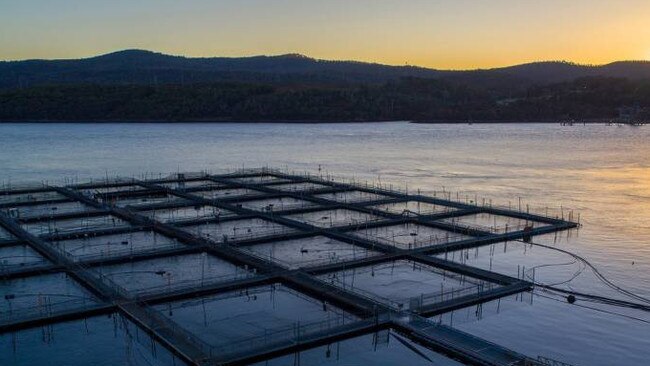
In June last year, the Tasmanian Salmonid Growers Association conducted a poll, through EMRS, which found more than half of the respondents “totally supported” the salmon industry, 25 per cent said they were somewhat supportive while 17 percent totally oppose it.
The association said the salmon industry was actively future-proofing for the impacts of climate change.
But it said the viability of completely growing salmon entirely on land (in commercial volumes) was not yet proven.
“Indeed it is currently only one per cent of total global salmon production and still has many unresolved issues,” its statement said
The industry is looking towards offshore farming, a breeding program producing more fish tolerant of warming waters and working closely with feed companies to develop a summer diet.
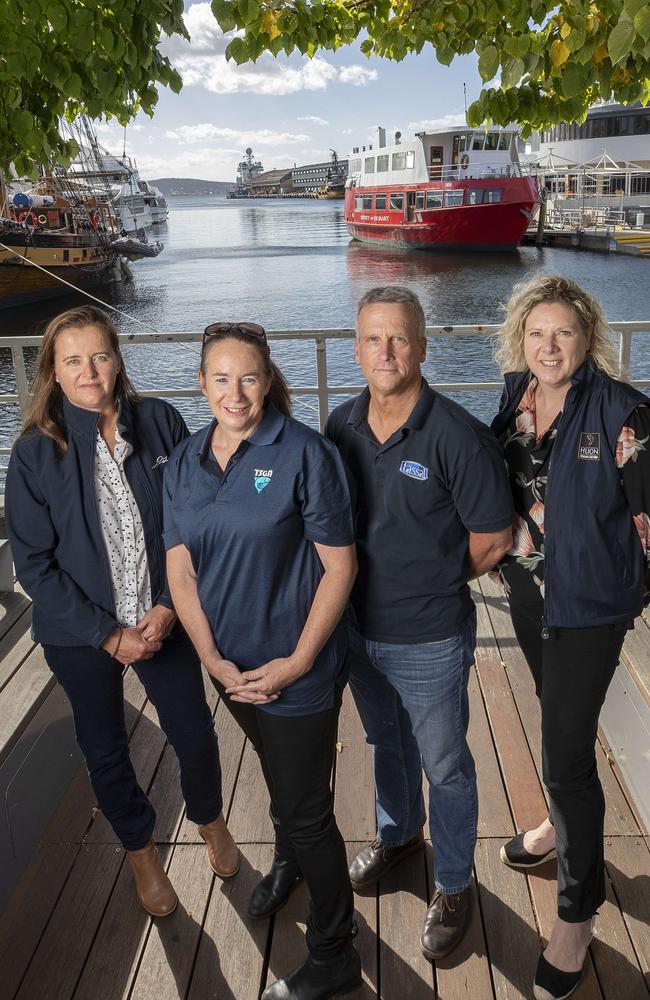
“Selective breeding is a common practice undertaken by all sectors of agriculture whether it is breeding strains of drought-resistant wheat or cattle that produce less methane. It has been running since 2004 producing fish that are adapted to Tasmania’s farming conditions.”
The association said offshore salmon farming, needed more research and development and an appropriate regulatory system to safeguard the environment, maintain stock welfare and kept workers safe on the water.
Primary Industry Minister Guy Barnett said the government was looking forward to engaging with the association, and Ms Grau, during 2022 to develop a new 10-year Salmon Future Directions Plan and implemen new legislation to allow for offshore, deeper water, aquaculture to be researched through a partnership with industry and the Blue Economy CRC.




